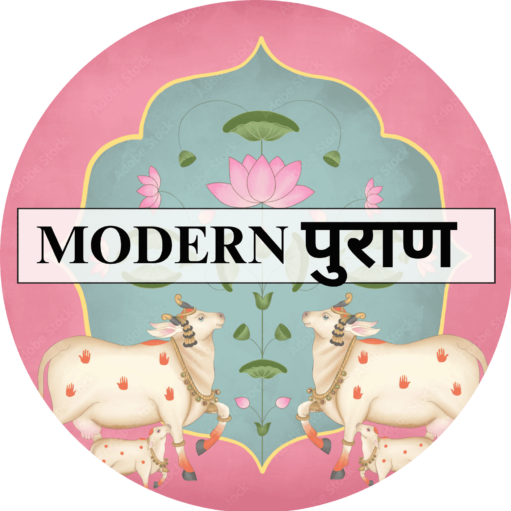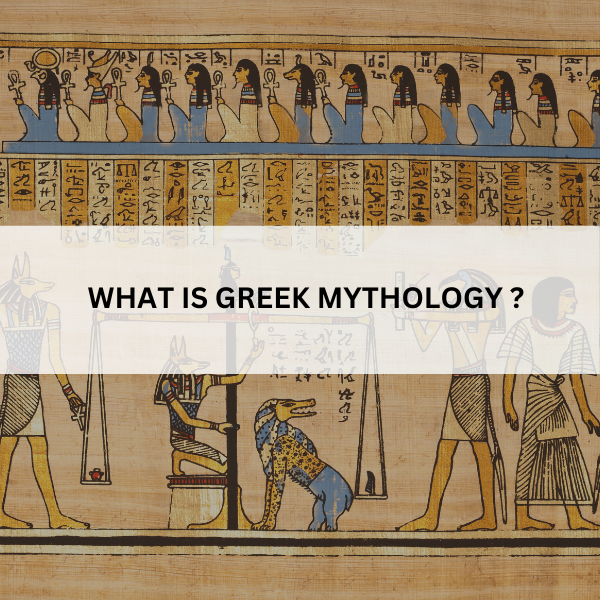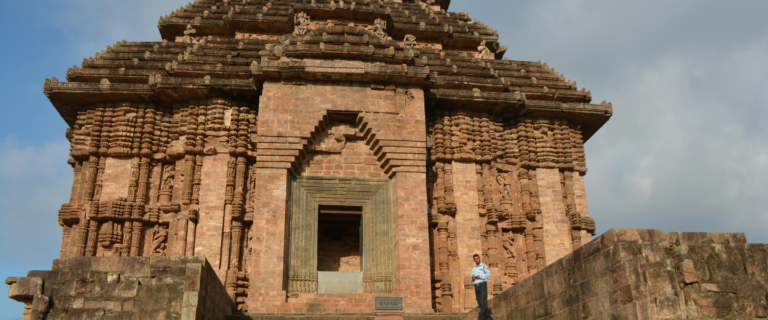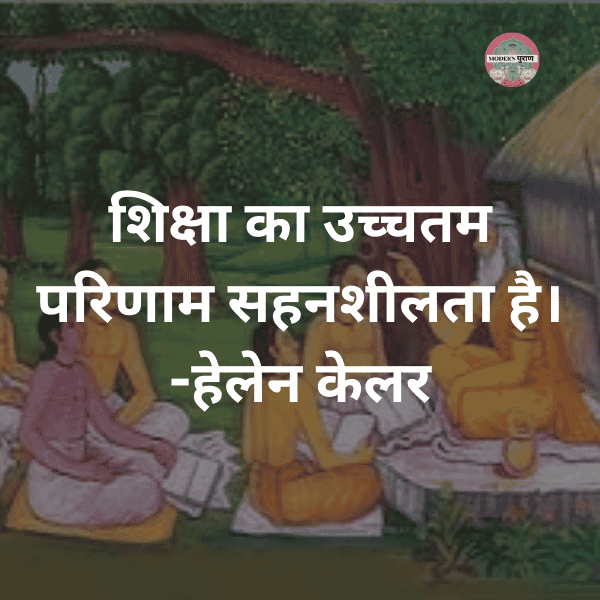
Lord Krishna moved his family from Mathura to Gujarat, coastal India. They created a city next to the sea, named Dwaravati or Dwarka. This city prospered as long as Krishna stayed and it disappeared beneath the ocean when he died, suggesting its existence depended on him.
Dwarka never forgot Lord Krishna. His dynamic spirit still touches this peaceful coastal city. He is honored every day at the grand Dwarkadhish Temple with lamps, flowers, incense, and chants. Folks sing hymns and perform ecstatic dances. They consider him Dwarkadhish, the superior lord of Dwarka. Dwarka appears often in the scriptures of the “Mahabharata“. Here, many stories of the Pandava brothers from Hastinapur take place.
Arjun often visited Krishna and ended up marrying Krishna’s sister, Subhadra. Different scripts, such as Harivamsa, Bhagavat Purana, Skanda Purana, and Vishnu Purana mention the city too. People believe it’s a place where you can attain spiritual liberation from the cycle of life and death. Although the ancient stones of Dwaravati are now deeply beneath the Arabian Sea, Krishna’s caring spirit invites every pilgrimage from across the country.
Krishna grew up near the Yamuna River in Mathura-Vrindavan, in what we now call Uttar Pradesh. But why did he set up his kingdom so far away in Gujarat’s Dwarka? This epic journey of the Yadava tribe is an intriguing story from the Mahabharata.
The plot thickens when Krishna and his older brother Balarama overthrew their wicked uncle Kansa, the self-made king of Mathura. Kansa had taken the crown and sent his own father Ugrasen to prison. Afterwards, Ugrasen was reinstated as king but the real ruler of Mathura was Krishna. This change in power made Mathura an enemy of Jarasandha, the mighty king of Magadha. His two daughters had married Kansa, so Jarasandha despised Krishna.



Additionally, Jarasandha dreamed of ruling an empire and had captured many local kings. But Krishna and his Yadava warriors stood in his way. Despite losing to Krishna eighteen times, Jarasandha wouldn’t admit defeat. Krishna knew he could win again but the constant battles had worn his people down. As if things weren’t tough enough, Jarasandha’s partner Kalyavahan, the Yavana king, planned to attack from the west while Jarasandha readied his troops for a nineteenth attack from the east. To protect his people, Krishna decided to escape the repetitive battles. He led his tribe across North India to distant Saurashtra. Krishna picked a place to settle that was guarded by the sea on one side and round hills on the other. Dwarka was so safe that Jarasandha never threatened them again there. Krishna even earned a new nickname in Dwarka, Ranchhodji. ‘Ran’ translates to battlefield and ‘chhor’ means to quit. So Ranchhodji describes a king who left the battlefield.

At Modern Puran, we understand the importance of reliable and accessible educational content. Our platform offers a wide range of study materials tailored to various subjects and academic levels, ensuring that students can find exactly what they need to succeed.










© 2024 MODERNPURAN All Rights Reserved